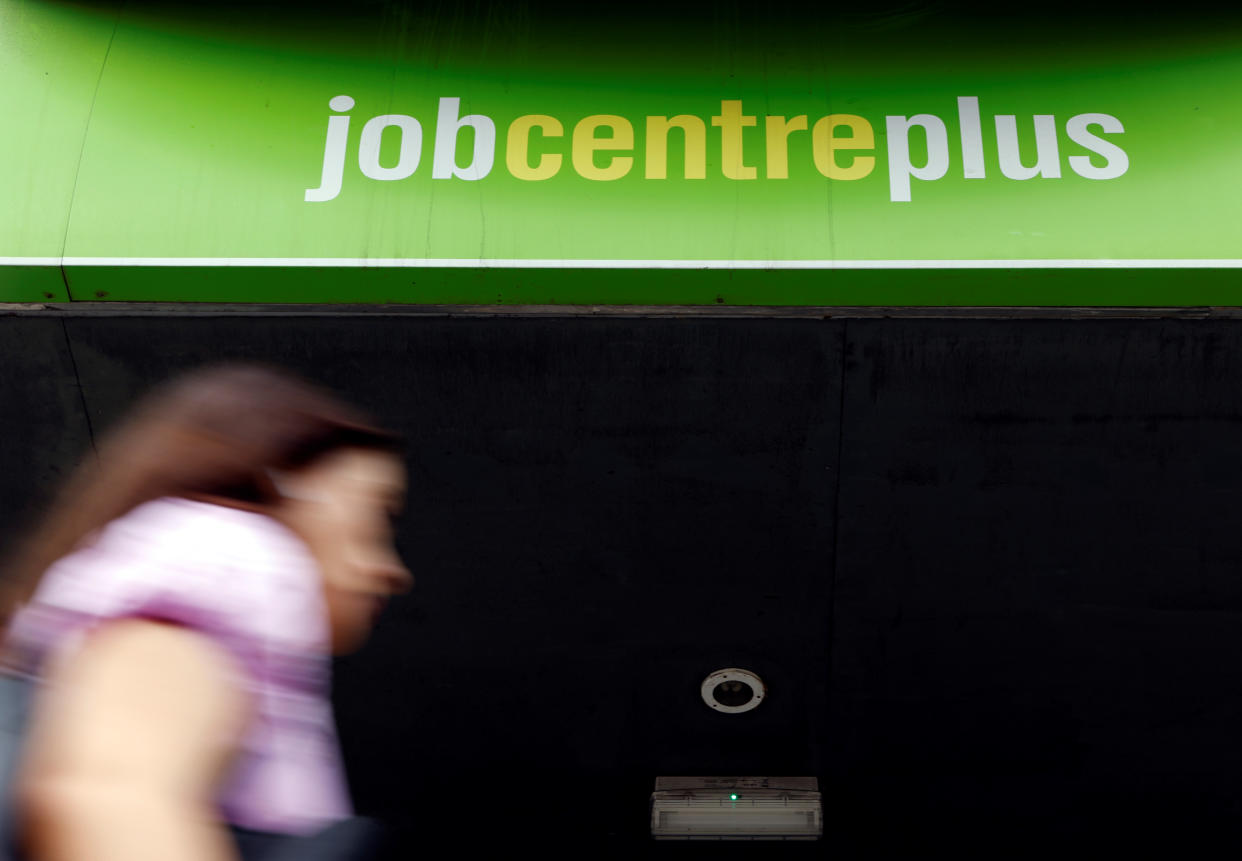Bank of England likely to hold interest rates as UK unemployment eases to 4.2%

The unemployment rate in the UK edged down to 4.2% in August according to new data from the Office for National Statistics (ONS), but it is still at the highest levels in almost two years.
The rate of unemployment between June and August was 4.2%, lower than the 4.3% figure which had previously been published. However, the 4.2% was still a 0.2 percentage point increase compared to the previous quarter and still the highest in almost two years.
Employment dropped by 82,000 jobs in the three months to August. That follows a 113,000 drop in the previous quarter.
Read more: UK real living wage increases to £12 per hour – and £13.15 in London
The figures are experimental as this slimmed down snapshot of the UK labour market included new data sources as fewer people were responding to surveys.
The new adjusted Labour Market data published today show:
️▪️ employment was 75.7%
▪️ unemployment was 4.2%
▪️ economic inactivity was 20.9%
➡️ https://t.co/AOilwsHImFpic.twitter.com/Y58p2Py1zJ— Office for National Statistics (ONS) (@ONS) October 24, 2023
Overall, the UK jobs market has remained resilient following a wave of 14 consecutive interest rate hikes from the Bank of England.
“After slightly weaker retail sales numbers, the data on the economy is still ambiguous. It’s hard to believe that sticky inflation and higher interest rates won’t have more impact on the surprisingly robust economy. Focus is now all on the upcoming round of central bank policy decisions,” Neil Birrell, Premier Miton Chief Investment Officer, said.
The figures also show that there were 119,000 working days lost because of strikes in August.
Annual growth in regular pay, which excludes bonuses, in Great Britain was 7.8% in June to August 2023. This figure drops jumps to 8.1% for average total pay, which does include bonuses.
However, the ONS said the rate is affected by the NHS and Civil Service one-off payments made in June, July, and August. In real terms, annual growth for total pay rose on the year by 1.3%, and regular pay rose on the year by 1.1%.
Read more: The best and worst UK banks for current and savings accounts
Ashley Webb, UK economist at Capital Economics, said the Bank of England is unlikely to raise interest rates given the latest economic data.
“By and large, other indicators, such as PAYE employment, job vacancies and private surveys, suggest that the labour market is still loosening, although quite slowly,” he said.
“As a result, the Bank will probably continue to believe that interest rates are gradually doing their job and, in our view, it is unlikely to raise interest rates again.”
Watch: Wage growth eases while numbers in payrolled employment fall back
Download the Yahoo Finance app, available for Apple and Android.


